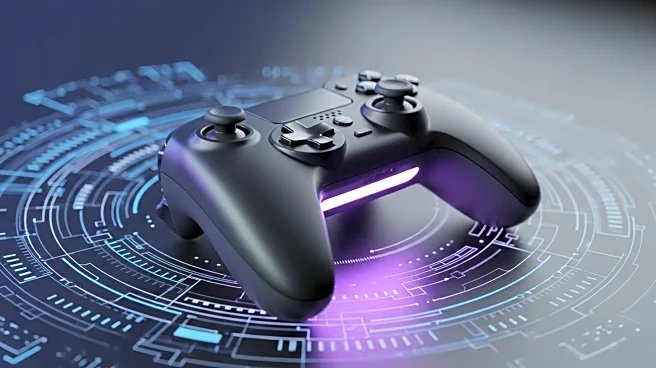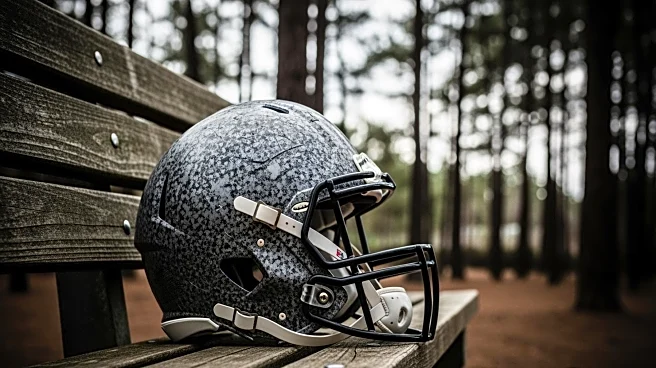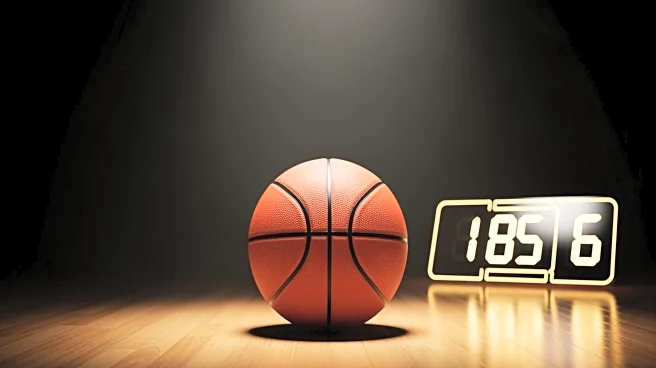What is the story about?
What's Happening?
Competitive gaming is increasingly recognized as a powerful tool for cognitive skill development, according to insights from Brad Kirby, MTN's Senior Gaming Specialist. The activity, often perceived as mere entertainment, involves intensive cognitive training that rivals traditional corporate leadership courses. Gamers engage in rapid decision-making, complex strategic thinking, and teamwork, skills that are highly valued in professional environments. Neuroscientists have observed that gaming enhances hand-eye coordination and mental agility, with studies showing that it can increase grey matter in brain areas responsible for spatial awareness and strategic planning. Educational institutions are beginning to incorporate esports programs, recognizing the potential for gaming to teach leadership, teamwork, and digital literacy.
Why It's Important?
The recognition of gaming as a cognitive training tool has significant implications for education and workforce development. As digital natives enter leadership roles, the skills honed through gaming—such as strategic thinking, teamwork, and resilience—are increasingly valued by employers. This shift challenges traditional perceptions of gaming as a waste of time, highlighting its potential to prepare individuals for high-pressure environments and complex problem-solving tasks. The integration of gaming into educational curricula could enhance student engagement and learning outcomes, while employers might start viewing gaming experience as an asset rather than a liability.
What's Next?
As the perception of gaming evolves, more educational institutions may adopt esports programs, and businesses could begin to recognize gaming skills in hiring processes. The generational shift towards valuing digital skills is likely to continue, with gaming achievements seen as indicators of persistence and strategic thinking. Parents and educators might increasingly support gaming as a legitimate form of skill development, while companies could leverage gaming backgrounds to identify candidates with valuable traits.
Beyond the Headlines
The social aspect of gaming is also noteworthy, as players build teams and communicate across continents, developing cultural awareness and communication skills. This community-building aspect challenges the stereotype of the isolated gamer and highlights the potential for gaming to foster global connections. The resilience developed through gaming, characterized by rapid cycles of failure and improvement, is a crucial skill in today's fast-paced world.















